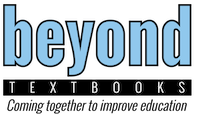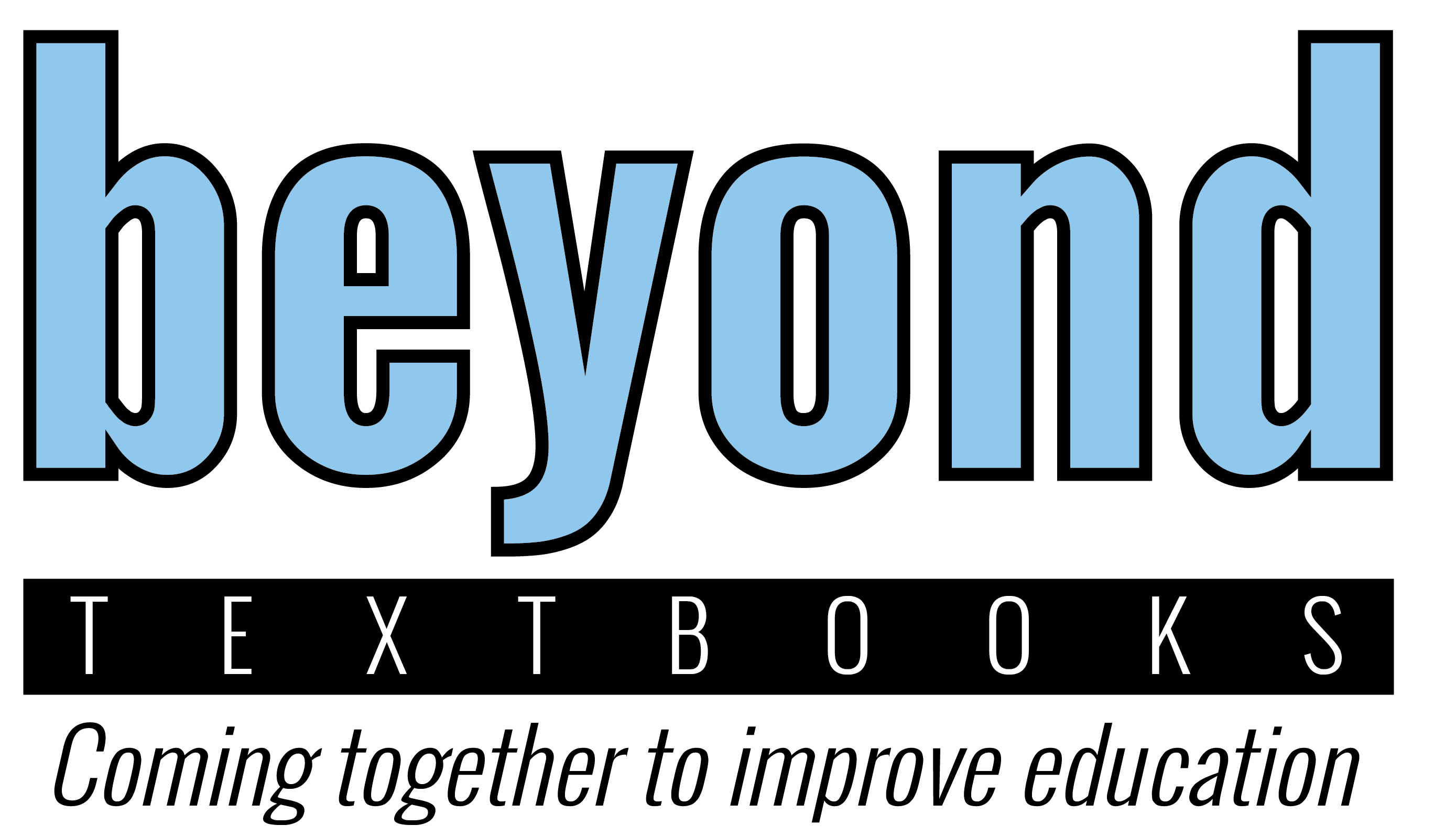Instruction
To schedule a training, or for further questions, please contact
Justin Chesebrough, Director of Beyond Textbooks at: chesebroughj@vailschooldistrict.org or 520-879-3964
|
Preparing for the ACT with BT |
Assume Student Confidence with a Growth Mindset |
Balanced Math |
Classroom Management |
Close Reading and Cloze Reading...Is It Different |
|---|---|---|---|---|
|
(9-12; 4 hours) In Arizona and several other states, the ACT is now the high school assessment of record, and so there is an increasing need to have teachers and students ready for it. Your trainers will include a BT trainer as well as Vail’s Chief School Support Officer, who oversees all things high school, and a Vail high school principal who has implemented an action plan to improve their school’s ACT readiness and results. They will share real-world practical examples of how Vail improved ACT results as a district, and at specific sites. You’ll leave this training with a much greater understanding of the ACT, how ACT results contribute to Arizona school labels, resources and supports available to you on BT, and a unique action plan for your organization to implement. If your students take the ACT, this training is invaluable. |
(K-12; 3 hours) Educators often believe lowering standards will give students successful experiences, boost self-esteem, and raise achievement. It doesn’t work! Lowering standards leads to poorly educated students and is a recipe for disaster. Great teachers believe in growing intellect and talent and are fascinated with the process of learning. From Teachers: The Mindset of a Champion, participants will explore how shifting from a fixed mindset to a growth mindset can empower student learning. |
(K-8; 3 hours) This training focuses on giving participants a structure for organizing math instruction that is comprised of the NCTM’s 3 components: Computational Fluency, Conceptual Understanding, and Problem-Solving, and how the frameworks and resources on BT support these. |
(K-8; 3 hours) Looking for tips on how to refine and improve classroom management in any K-8 classroom? The goals of this training include: Explain the purpose of effective classroom management. Identify specific procedures to be rehearsed with students during the first week of school. Connect the importance of teacher proximity, smooth transitions, and classroom signals to increasing student achievement! |
(K-12; 3 hours) Participants will: Identify what close reading is and how it can be effectively used in a classroom. Introduce the strategy of annotations and learn how students can use annotations to enhance their comprehension. Analyze text-dependent questioning and learn how to create text-dependent questions for a close reading passage. |
| D.O.K. - That's Just the New Bloom's, Right? | Daily Math Skills | EEI (Essential Elements of Instruction) | Effective Feedback | Effective Enrichment for All Students |
|---|---|---|---|---|
|
(K-12; 3 hours) Webb's Depth of Knowledge (D.O.K.) provides a vocabulary and a frame of reference when thinking about our students and how they will engage with content. So how does this relate to the AZ College and Career Ready standards? Two major shifts that the AZ College and Career Ready standards bring are in content and rigor, with many people arguing that rigor is the number one major shift with the AZ College and Career Ready standards. As we peel back the layers of what is expected with increased rigor, it is mission-critical to recognize the role that understanding and effectively using the D.O.K. plays in relation to this. This training will help participants to understand the importance of using both D.O.K and Bloom’s in lesson planning and task development. |
(K-8; 3 hours) This training focuses on how to implement daily 20-minute math fact fluency skills in order to improve student fluency (speed + accuracy) so that students are able to perform computational tasks as well as higher-level skills while not getting bogged down on the "ABC's of math". Implementing Daily Math Skills in Vail has historically demonstrated immediate gains on math test scores, specifically the number of students who are in the highly proficient range of the standard. |
(K-12; 8 hours) Based upon the Madeline Hunter model, EEI provides a framework for effective instruction and skills that assist teachers in making decisions when they teach. By attending this training, teachers will be provided with a common instructional language that helps build school and district culture. (Note: This training can be modified to 4 hours) |
(K-12; 3 hours) Delivering effective feedback requires training and practice, and can be very powerful if done correctly. Constructive feedback gives students the information they need so they can understand where they are in the learning process and what steps they need to do next. “It is just-in-time, just-for-me information delivered when and where it can do the most good.” This session will focus on how the principles and examples of powerful feedback can be applied in the classroom. |
(K-12; 3 hours) This training provides participants with background on the purpose of enrichment, as well as practical ideas for ensuring that all students are provided with enrichment opportunities throughout the school day. During this workshop, participants will: Understand the role of enrichment in the everyday classroom. Take away strategies for practical implementation. |
| Higher Order Questioning Strategies | IEEI (Inverted Essential Elements of Instruction) | Managing Students Who Have Severe Behaviors | Research-Based Instructional Strategies | Rethinking Instruction in Learning to Comprehend |
|---|---|---|---|---|
|
(K-12; 3 hours) During this workshop, the participant will: Explain the importance of effective questioning strategies. Generate meaningful questions with a specific purpose. Participate in a range of cooperative learning strategies and structures and be able to apply them to improving classroom practices. |
(K-12; 3 hours) The IEEI model is an extension of the EEI framework that allows for supportive and structured inquiry-based lessons. By attending this training, teachers will be provided with a framework that encourages student collaboration, an emphasis on higher Blooms/DOK levels, and a variety of approaches to support student growth. |
(K-12; 3 hours) During this workshop, the participants will: Compare and contrast the characteristics of reactive and proactive teachers. Identify the reasons for students’ misbehavior and the characteristics of each. Recognize effective and ineffective responses to situations involving students with severe behavior. |
(K-12; 3 hours) An opportunity for participants to examine research-based instructional strategies that affect student achievement and identify various methods for teaching these strategies. By attending this engaging training, participants will also be able to determine which strategies they should incorporate into their classroom practice. |
(K-5) - (3 hours) Teaching reading can sometimes feel like an impossible task. Participants will be exposed to a deeper dive into the Science of Reading (SoR). This training specifically focuses on how teachers can maximize knowledge building while developing comprehension in the classroom with their students. |
| Standards-Based Grading | Structured Literacy | Student Engagement Strategies | Teaching Critical Thinking Skills | Writing Across the Curriculum |
|---|---|---|---|---|
|
(K-5) - (3 hours) When all arrows are all aligned with instructional delivery, curriculum, and assessment, standards-based grading is the next natural step. This training will examine the purpose of grading, reflect on current grading practices, and recognize elements of effective grading that communicates student achievement. Participants will analyze using performance levels in rubrics to ensure consistent rigor across classrooms. In addition, they will have the opportunity to identify the seven different forms of assessment to evaluate student learning in the classroom. |
(K-6; 4 hours) Structured literacy is characterized by the provision of systematic, explicit instruction that integrates: listening, speaking, reading, and writing. Teachers will examine a framework for organizing a structured literacy approach to teaching reading that incorporates the components of: guided reading, close reading, read-aloud, independent reading, spelling, phonics, phonemic awareness, and writing into their school day. |
(K-12; 3 hours) A repeatable sequence of steps designed to structure the interaction of students with each other and/or the curriculum in ways that align with basic principles and efficiently realize specific learning outcomes. |
(K-12; 3 hours) The AZ College and Career Ready standards require students to use a different type of thinking. How do teachers embed critical thinking skills into the content so that students develop the quality of their thinking and problem solving, not just for tests, but for a lifetime of learning? This session will build background knowledge in helping educators empower all learners with the enduring skills of critical thinking. |
(K-8; 3 hours) Participants will define what is writing and why it is powerful. They will identify where writing instruction should take place and explain the components of Writing to Learn and Writing to Apply. Participants will implement the techniques of Writing Strategies for all content areas in the classroom. |

